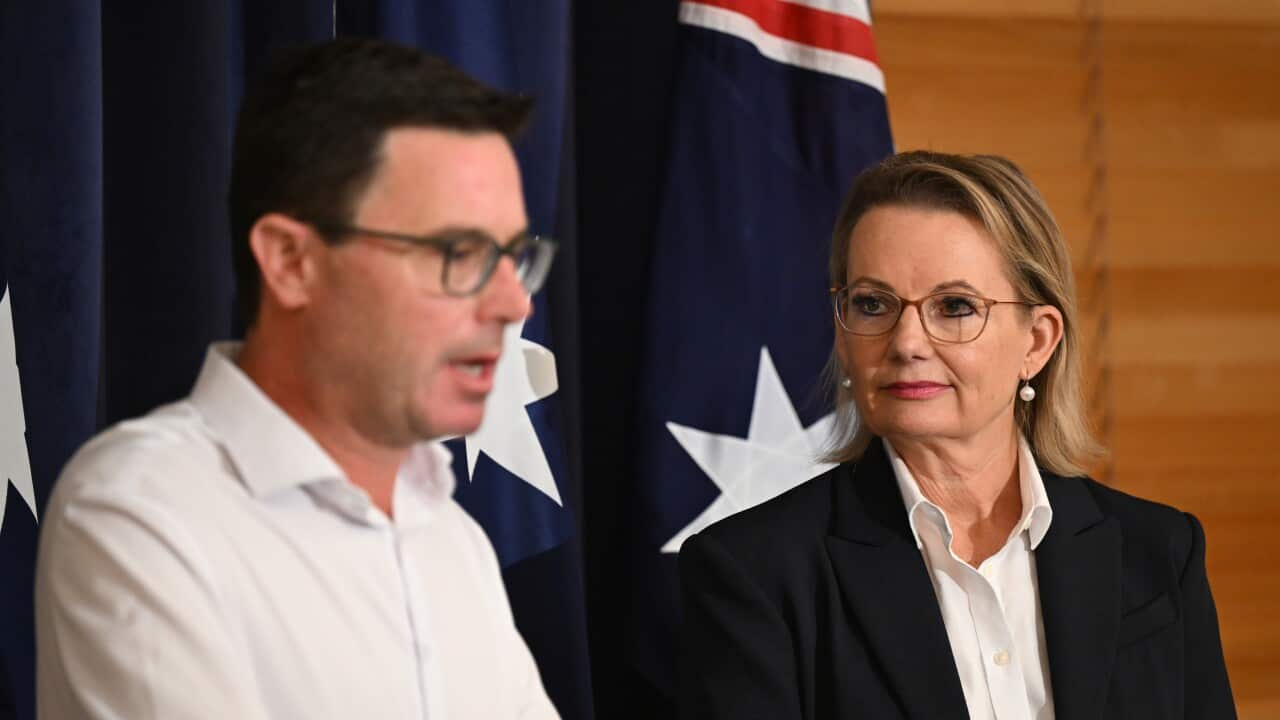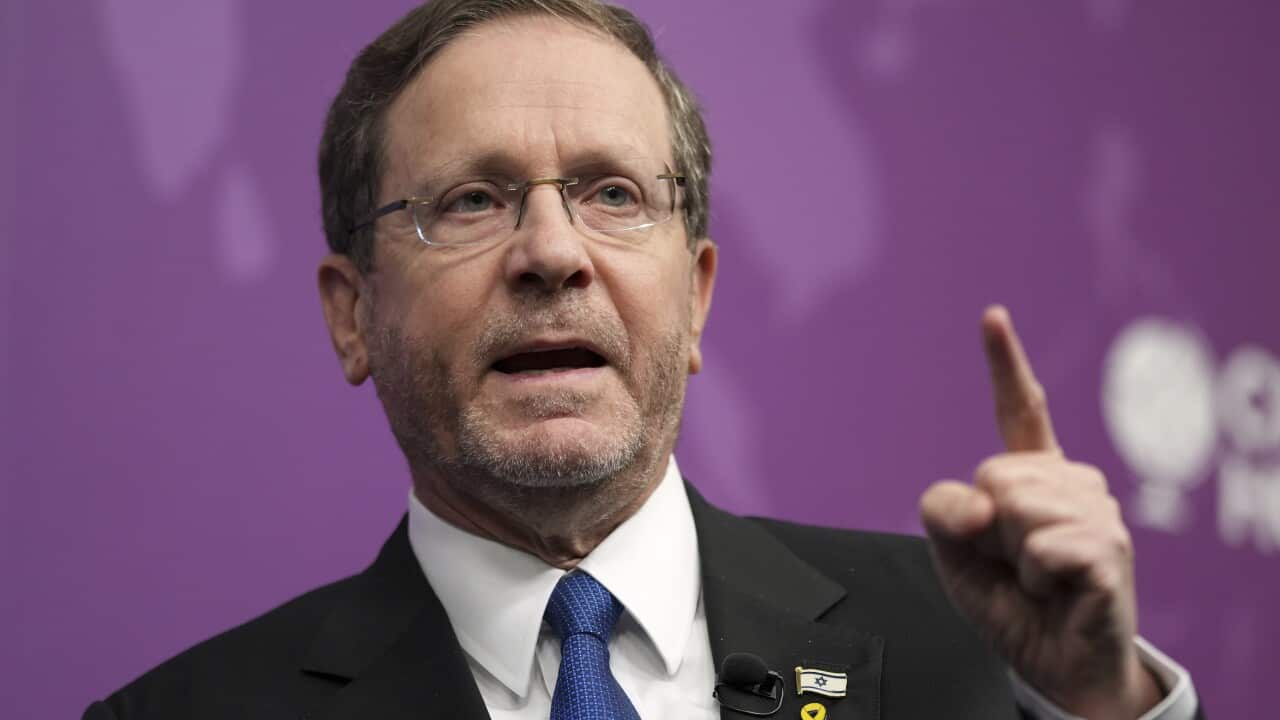The federal government has defended proposed welfare changes in the face of rising poverty rates in Australia.
A report released by the national charity body, the Australian Council of Social Service (ACOSS), has prompted calls for the Coalition to abandon planned cuts to Commonwealth assistance for those who need it the most.
25-year-old Jessica Russell is a single mum, living in western Sydney.
She is bringing up two boys - both aged under three.
For Ms Russell, making the numbers add up in the household budget is not easy - "I pay weekly rent, and then I have my mobile phone bill - my mobile phone bill - and then there's food for the boys, plus nappies, plus the essential every-day life things that we need. And then there's child-care for Ryan, and car maintenance. That's just ridiculous. So, after all that I'm probably left with $50 at least in my bank to get us through to my next pay. Which is not good, not good."
They are among the almost three-million Australians - or 13.3 per-cent of the population - that according to the latest poverty report by the Australian Council of Social Service are living below the poverty line.
For a single adult, that's classified as living off just over $426 a week.
For a couple with two children, it's slightly under $900.
Dr Cassandra Goldie is the Chief Executive of ACOSS - "As a nation, despite 25 consecutive years of economic growth, we have barely touched the sides in being able to reduce the level of poverty in Australia."
The report found that overall poverty levels dipped slightly in the decade to 2014 - the period examined by the study.
However, the percentage of children affected increased by two-per-cent -- showing more than 731-thousand, or around 17 per cent of the child population, living below the poverty line.
The statistics are worse for those in single-parent families, with the rate rising by four-per-cent in the last two years alone to more than 40 per cent of all Australian children.
The head of the welfare agency Mission Australia, Catherine Yeomans, says it puts people in difficult situations - "Leaving families with a terrible choice between paying the rent or putting food on the table. Young people who have to decide how to juggle transport costs to go to a job interview and also the price of appropriate clothing to wear to that interview. Families and individuals forced into unsuitable and often unsafe accommodation because it's all they can afford."
ACOSS' Dr Cassandra Goldie has appealed to senators to reject legislation for further cuts to family payments that are currently before the upper house.
In particular, she says, to improve the situations of children living below the poverty line - "We absolutely know some of the key changes that need to be put in place to reduce the level of child poverty, and to achieve that target set globally to reduce the level of poverty by half by 2030. The first thing is to set that target. The second is to reach a public consensus about the plan that needs to be delivered. As a top priority, we need to build on the vision of a former prime minister to restore the adequacy of family payments."
Shadow minister Jim Chalmers says the federal opposition, too, wants to see the planned welfare changes abandoned - "This is the worst possible time for the Turnbull government to be cutting people's family payments, cutting parental leave, and making job seekers go up to a month without anything to live on at all."
Cabinet Secretary, Arthur Sinodinos, says a strong economy should be the priority as a way to address poverty - "I report the policy of the government, which is that we have to get budget repair. I think the best way to deal with child poverty is to have a strong economy, because a lot of these kids are growing up in households where one of more parents - and maybe even grandparents - has not had a job. So part of the job is make sure we encourage participation in the workforce."
Jessica Russell is hopeful about the future, and plans to begin a midwifery course next year.
For now, the focus is on keeping some of the difficulties of life away from her children - My kids are most important to me. They come first, before anything else. They have food and clothes, and bath wash, water. Whatever they need, I make sure they get. Me, on the other hand ... No, I won't worry about myself."




